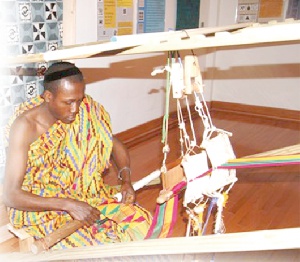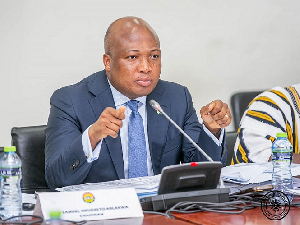The Director of the Centre for Cultural and African Studies, Kwame Nkrumah University of Science and Technology (KNUST), Mrs. Vesta Adu-Gyamfi, has called for the government to give priority to the creative arts industry by channeling more resources into its development.
This, she said, was necessary given its huge potential to transform the economy.
She noted that “there is enormous market and demand for cultural and creative arts-related products” adding that, Ghanaian films and songs, artefacts and literary works had now gained popularity worldwide.
“The industry has become more lucrative than most sectors of the economy and we must take advantage of this to harness its potential to create employment, wealth and lift many out of poverty.”
Mrs. Adu-Gyamfi, who was addressing a day’s seminar in Kumasi, said it was important to bring professionalism to the sector through comprehensive training programmes and support for cultural and creative arts projects.
The seminar was part of a project funded by the European Union (EU) with the goal of building the capacity of policy-makers, operators of cultural enterprises, artistes and other stakeholders to effectively promote cultural and creative arts in Africa, the Carribean and Pacific Regions.
The programme brought together artistes, copyright bodies, cultural experts, civil society organizations and the business community from Ghana, Nigeria, Sierra Leone and the Gambia.
They discussed among other things “The role of the Trade Ministry in collaborating with stakeholders to mainstream key recommendations into government trade policy” and “Best practices in mainstreaming UNESCO Conventions in trade policies in the ACP Regions”.
Mrs. Adu-Gyamfi underlined the need to take steps to protect the works of local artistes by helping them to have better understanding of the intellectual property rights.
She also advocated dialogue between government, the private sector and civil society on the EU-EOWAS Economic Partnership Agreement and its contribution to the growth and development of the services sector, especially the cultural and the arts sector in the sub-region.
In doing so, best practices and experience would be shared amongst artists from across the region to grow the industry.
Click to view details



Business News of Wednesday, 6 April 2016
Source: GNA
Give priority to creative arts industry
Entertainment
















